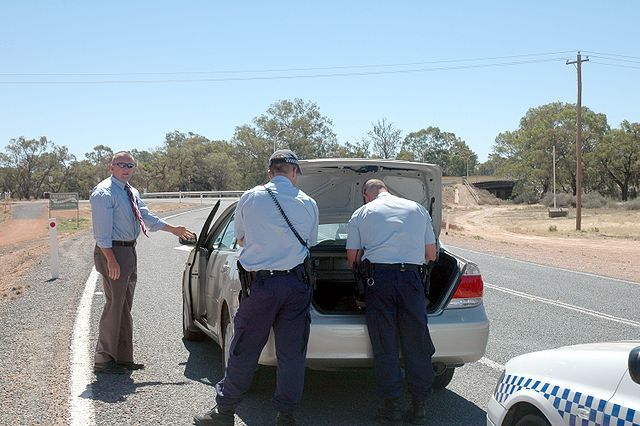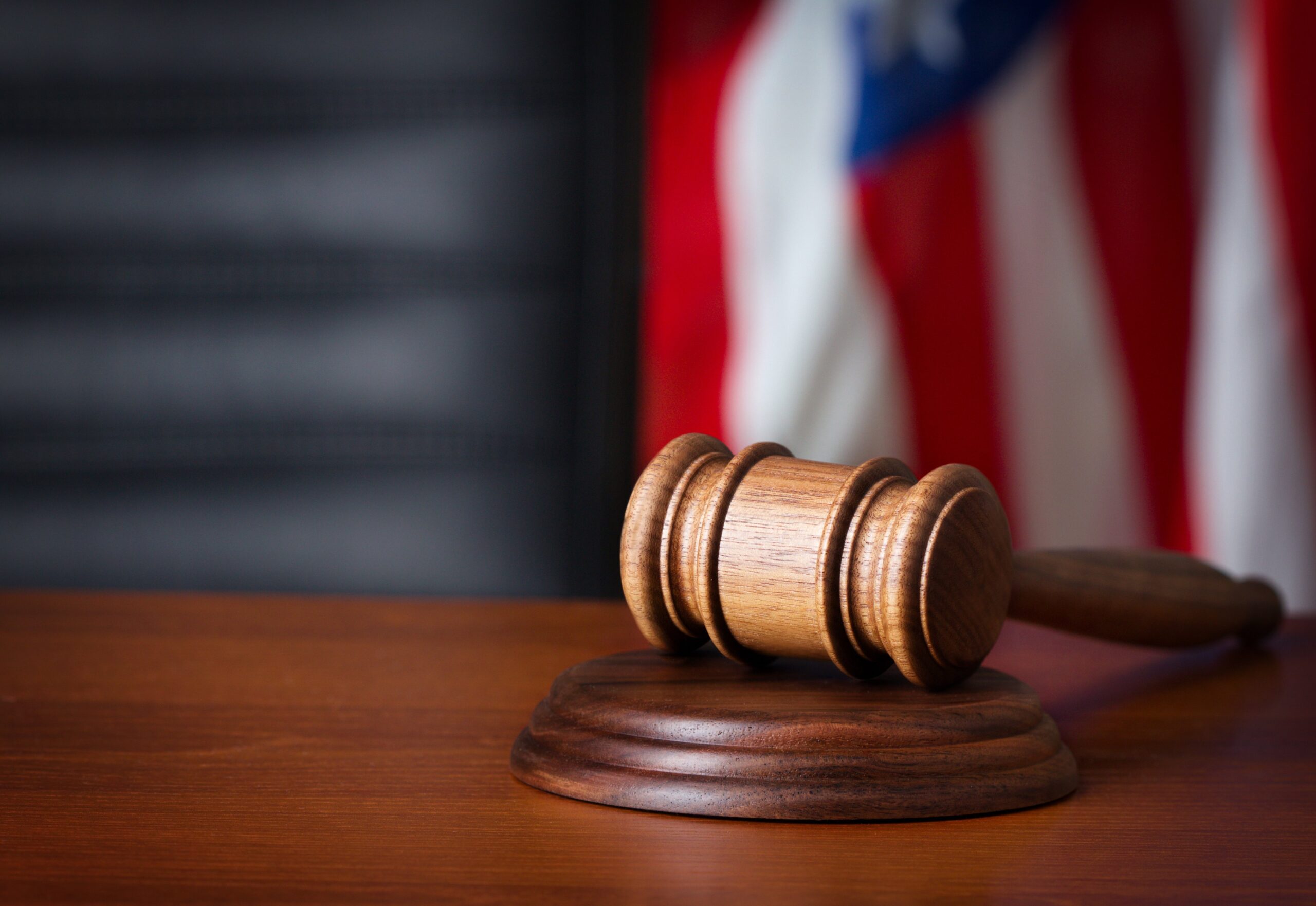
If you have ever been in court, then you know that private matters can often come under scrutiny. While under oath, you can’t avoid the topic. Because lawmakers know this, court bonds are often required to ensure protection against possible loss as a result of court proceedings. There are multiple types of court bonds, and each serves a different purpose.
Just looking for a quote? Get free Court Bond quotes here.
What is a Court Bond?
Types of Court Bonds
#1: Cost Bonds
- What is a Cost Bond: Cost bonds are used to guarantee the payment of court costs when making an appeal concerning a lower court’s decision.
- Cost: The premium of a cost bond is often 1% of the bond amount, with a minimum amount of $100 for most states. However, this can vary between states.
You can read more on Cost Bonds here.
#2: Indemnity To Sheriff Bonds
- What is an Indemnity to Sheriff Bond: Indemnity to Sheriff bonds are used to protect law enforcement officers against lawsuits in the event that they have to seize someone’s personal property. If your case requires law enforcement to investigate another’s home and property, you will likely need one of these bonds.
- Cost: The cost for each varies greatly between states as well as cases. However, you will be given a rough estimate if required to purchase one.
You can read more on Indemnity to Sheriff Bonds here.
#3: Plaintiff’s Bonds
- What is a Plaintiff Bond: This is a bond that ensures damages suffered will be paid if the court rules in favor of the defendant. There are multiple sub-types of plaintiff bonds, so the specific type you require may vary.
- Common types of plaintiff bonds includ Attachment bonds, Claim and Delivery bonds, Indemnity to Sheriff bonds, Injunction bonds, and Replevin bonds.
- Cost: Cost will depend on what type of Plaintiff Bond you need.

#4: Attachment Bonds
- What is an Attachment Bond: This bond protects the defendant against wrongfully attached property during court proceedings. The bond protects in case judgment falls against the individual, and usually covers the cost plus the interest.
- Cost: The cost of an Attachment Bond will typically range between 1-10% of the total bond amount. The rate you pay is based on credit.
You can read more on Attachment Bonds here.
#5: Replevin Bonds
- What is a Replevin Bond: These bonds are usually required if the plaintiff wants to secure property the defendant currently owns. The bond protects the defendant in case the property is damaged or sold, and is a type of plaintiff bond. This is commonly required in civil cases, particularly divorce cases when property ownership is being determined.
You can read more about Replevin Bonds here.
How Much Do Court Bonds Cost?
The cost of a court bond is determined by the individual case, the state the case takes place in, as well as the level of the court. Most legal agencies will refer the defendant and plaintiff to agencies where they can purchase bonds at fair prices, especially if the court requires bonds before proceeding.
There are always underwriting factors involved when it comes to determining your court bond cost.
Surety Solutions offers free quotes on court bonds from over 30 carriers so that you can find the best price. Click the button below or call us at 866.722.9239 to get your free quote today.









